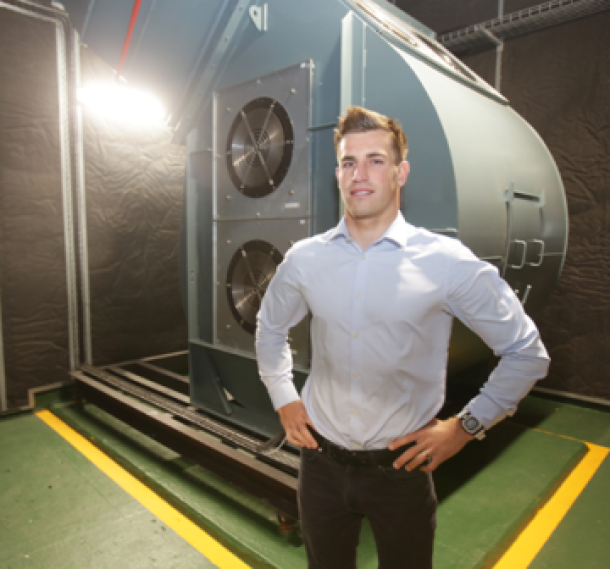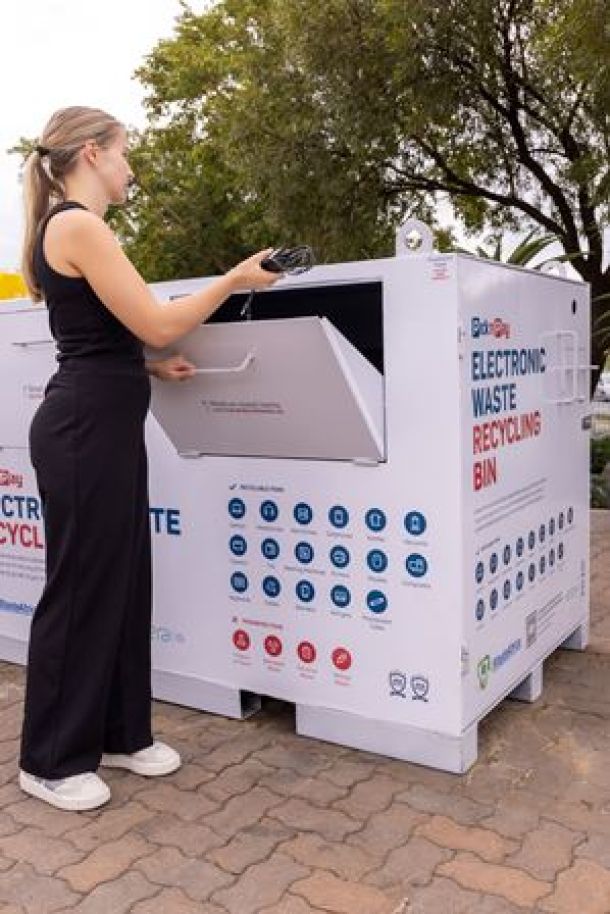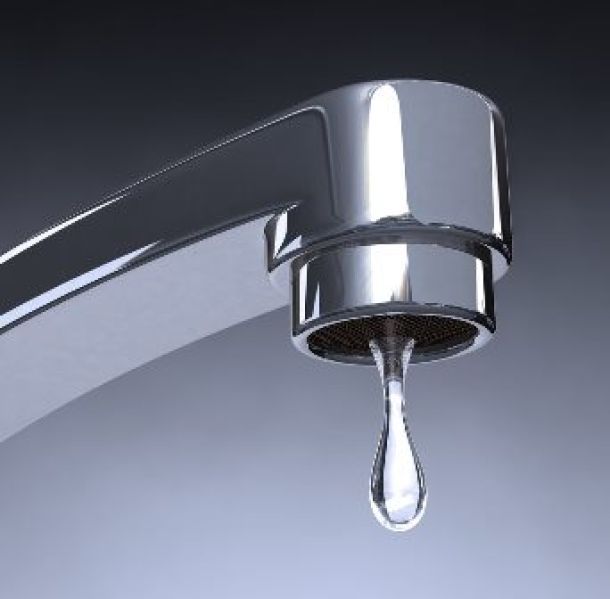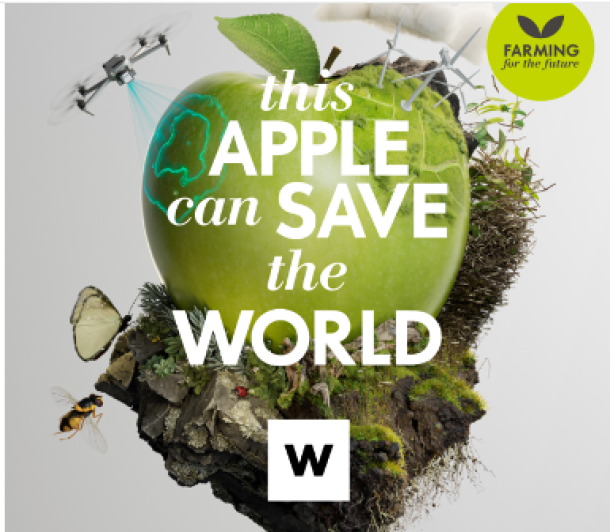Tax on disposable coffee cups gains steam
British lawmakers called on the government on Friday to impose a charge on disposable coffee cups and set a target to recycle all of them by 2023 - or ban them altogether.
Around 2.5 billion plastic-lined paper cups are used in Britain each year, but less than one in 400 are recycled, MPs on the environmental audit committee warned in a new report.
"Coffee cup producers and distributors have not taken action to rectify this and government has sat on its hands," said committee chair Mary Creagh, calling for a "revolution in recycling".
The report proposed a 25 pence "latte levy" on disposable coffee cups, saying the money raised could be used to improve recycling facilities.
Coffee cups are difficult to recycle, due to the plastic liner which makes them waterproof.
The MPs urged ministers to set a target that all such cups be recycled by 2023, and "if this target is not achieved, the government should ban disposable coffee cups".
Re-usable cups
Several leading coffee shop chains in Britain, including the largest, Costa, offer discounts for customers who use their own re-usable cups.
Pret A Manger, which has 329 sandwich shops across the country, this week doubled its discount to 50p.
But Creagh warned that such discounts had found to be "ineffective" - unlike charges, noting the success of a recent levy on plastic bags in England, which reduced their use by 83% in the first year.
Coffee chain Starbucks on Friday announced plans to introduce a 5p cup charge in around 20-25 of its shops in London that will go to environmental charities, saying that it too, had found discounts ineffective.
The three-month trial, beginning in February, will be a global first for the company, a spokesperson said.
Starbucks said it has offered discounts for using re-usable cups since 1998, starting at 10p and rising to 50p for a few months in 2016.
"We found that this did not move the needle in the way we thought it might. We now have 1.8 percent of our customers using reusable cups," it said in a statement.
In the trial, "we will be exploring the impact that a cup charge may have in changing behaviour in addition to the measures we, and the whole industry, are taking on cup recycling", Starbucks said.
News Category
- International retailers
- On the move
- Awards and achievements
- Legislation
- Wine and liquor
- Africa
- Going green
- Supplier news
- Research tools
- Retailer trading results
- Supply chain
- Innovation and technology
- Economic factors
- Crime and security
- Store Openings
- Marketing and Promotions
- Social Responsibility
- Brand Press Office
Related Articles

Pick n pay upcycles air-conditioning systems, s...

Shoprite Group opens pathways to job opportunit...

Pick n Pay empowers shoppers in the fight again...

Massmart implements early leak detection techno...


